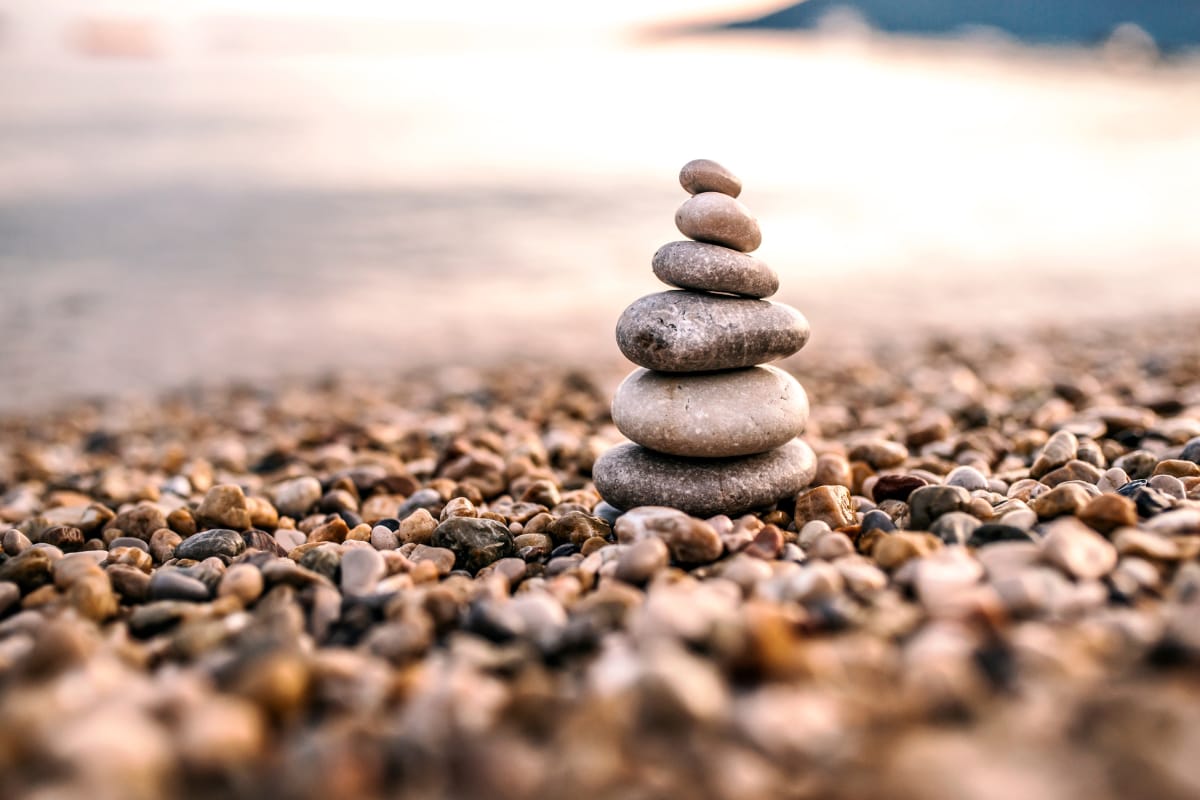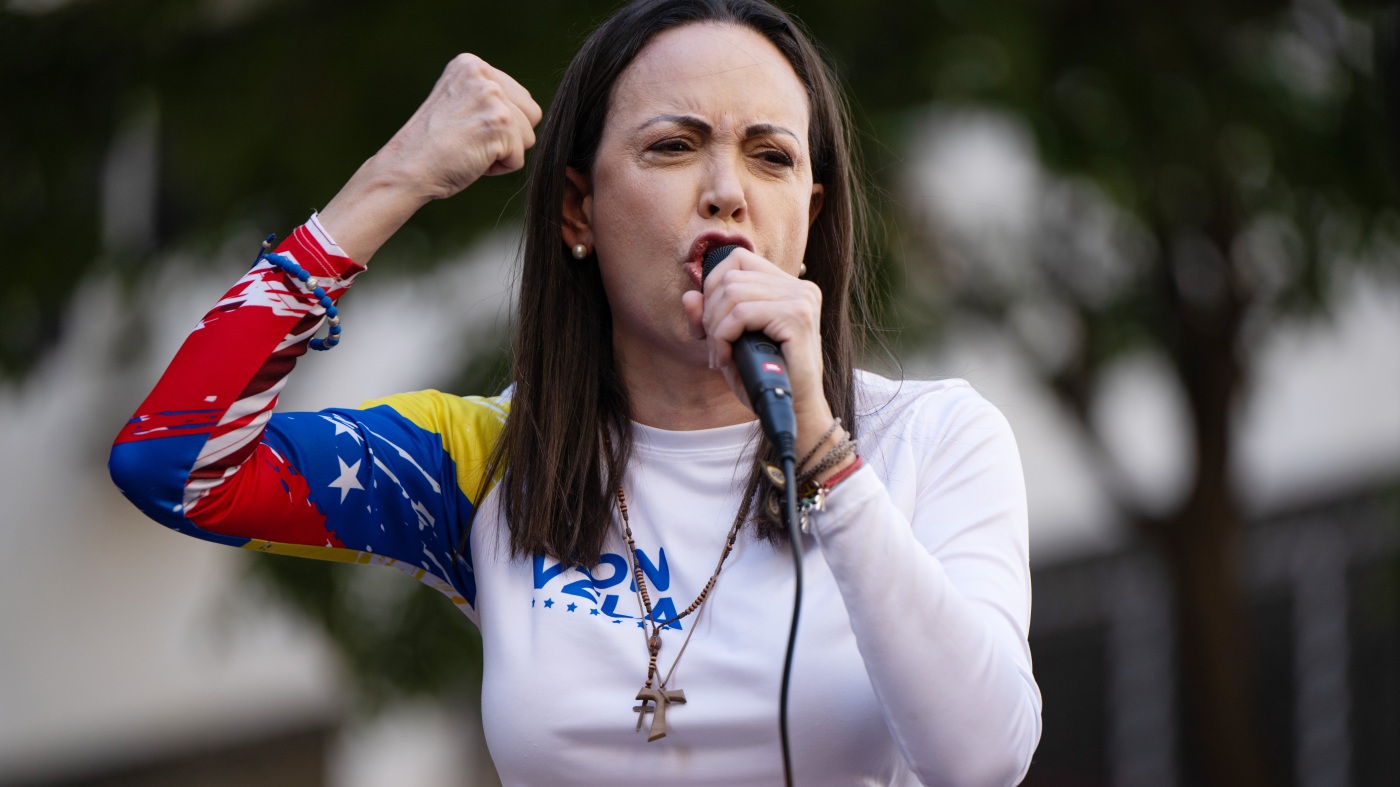
(Photo by ljubaphoto/Getty Images Signature via Canva Pro)
¿Para qué ir a terapia? Yo no estoy loco.
If you’ve ever heard that phrase, you already know where this is going.
In many Latino households, therapy is something you only consider when things have hit a breaking point, and even then, it’s viewed with suspicion. It's for the “broken,” the “crazy,” or the ones who've completely lost control. Not for men. Especially not “strong” men. And definitely not for fathers, husbands, or sons who are expected to carry the weight of generations without flinching.
I know this not because I studied it.
I know this because I lived it.
Boys (and Men) Don’t Cry?
Growing up, I was taught — subtly and directly — that men don’t cry. Not because someone sat me down and said those exact words, but because I saw what happened when I did cry. It made people uncomfortable. My parents would go straight into problem-solving mode, trying to fix whatever caused the tears. Not to comfort me, but to avoid sitting in the discomfort of emotion.
My father modeled what strength looked like: calm, in control, optimistic to a fault. Even when things were clearly off, he’d slap a positive spin on them. His version of masculinity was spotless with no room for cracks, questions, or confusion.
Meanwhile, I was a sensitive kid. I could feel everyone’s emotions before they spoke them. I was athletic, outgoing, and tough on the outside, but inside, I felt everything. And as I got older, I started hiding that part of myself because I learned quickly that in our culture, sensitivity gets exploited.
People would take advantage of my empathy. They knew I wouldn’t speak up. They’d say things that hurt, knowing I’d swallow them to keep the peace. I was a textbook people pleaser, shaped by a culture that rewards emotional silence with the label of “good man.”
When the Mask Cracks
The mask finally started slipping in 10th grade, when I got kicked out of school. That moment, oddly enough, felt like freedom. I started embracing the role of my family’s black sheep. I didn’t want to play the game anymore, of being the version of me that others felt proud of, but I couldn’t recognize.
But even then, vulnerability didn’t come easy. I wasn’t blowing up or acting out. I just went quiet. I kept everything inside. Luckily, sports gave me a physical outlet. But emotionally? I was a ticking time bomb.
No one talks about how emotional repression turns into anger, and how that anger gets brushed off as “boys being boys.”
Years later, when I finally sought therapy, I didn’t think culture mattered. I just wanted someone trained in cognitive behavioral therapy, someone who could help me fix my mind. What I didn’t realize was that I’d have to spend half the session explaining my entire cultural context before I could even start unpacking the pain.
She didn’t understand the dynamics of a Latino household, where boundaries are something you enforce with the world, not with your family. Where saying “no” to your mom can feel like betrayal. Where speaking up about dysfunction is labeled as being ungrateful.
She didn’t look like me. She didn’t sound like me. She didn’t get me.
And that matters.
A lot.
Because when you’re finally ready to open up, the last thing you want is to feel like a cultural ambassador. I didn’t go to therapy to teach. I went because I needed help. And instead, I left feeling even more unseen.
Healing Costs You Something
The biggest shock of therapy wasn’t what I found in myself. It was what I started losing around me.
When I began setting boundaries, identifying patterns, and naming dysfunction, things got tense. My dad pushed back with arguments. My mom pulled away in silence. And the truth is, yes, I felt lonelier.
Because I was crossing people off the list faster than I was adding new ones, and this is where I think a lot of Latino men back away from the process.
Not because they’re afraid to grow, but because they’re terrified of what they might lose if they do.
We're raised to believe that having a big, close-knit circle, filled with family and lifelong friends, is what success looks like. We think that disturbing the peace, even for the sake of our own mental health, is selfish. That starting drama means we’ve changed, become “too American,” or forgotten where we came from.
But the truth is this: Growth doesn’t destroy relationships. It reveals them.
I’m Not My Father, I’m the Upgrade
I want to be clear: I’m not here to blame my parents. I know they did the best they could with the tools they had. In fact, the only reason I even had access to therapy, self-development, and emotional awareness was because of the opportunities they gave me.
They loved me the way they were taught to love.
But my job isn’t to do things the way they did.
My job is to do it better.
That’s what generational progress is supposed to look like, not just financially, but emotionally. Spiritually. Psychologically. That means evolving the culture without abandoning it.
I still cherish the joy, the food, the family-first values. But I reject the machismo, the silence, the shame.
What Vulnerability Really Means
Vulnerability isn’t weakness. It’s swallowing your pride long enough to say: “I’m hurting, and I don’t want to pretend anymore.”
It’s asking for help, even when your ego is screaming not to. It’s choosing healing over performance, peace over image, and self-respect over silent suffering.
Most men aren’t afraid of therapy.
They’re afraid of being seen without the mask and not being loved anymore.
But here’s what I’ve learned: Being perfect doesn’t help you. It only makes other people comfortable.
If you’re a Latino man reading this and you’ve been avoiding therapy, I get it. I avoided it too. I wore the same mask. I said the same lines. I played the same role. But you deserve more than survival. You deserve more than generational silence. You deserve to feel seen, heard, and whole.
And maybe, just maybe, you’ll be the first man in your family to break the cycle.
Not because you’re broken.
But because you’re finally strong enough to stop pretending you’re not.
If this resonated with you, I’d love to hear your story in the comments. Let’s break this silence together.
Chris Bustos is a Latino father and business coach who helps professionals and entrepreneurs scale their businesses without sacrificing family time or personal well-being. His work focuses on redefining success through clarity, boundaries, and purpose-driven growth.
And now a word from our sponsor.
The best HR advice comes from people who’ve been in the trenches.
That’s what this newsletter delivers.
I Hate it Here is your insider’s guide to surviving and thriving in HR, from someone who’s been there. It’s not about theory or buzzwords — it’s about practical, real-world advice for navigating everything from tricky managers to messy policies.
Every newsletter is written by Hebba Youssef — a Chief People Officer who’s seen it all and is here to share what actually works (and what doesn’t). We’re talking real talk, real strategies, and real support — all with a side of humor to keep you sane.
Because HR shouldn’t feel like a thankless job. And you shouldn’t feel alone in it.
What We’re Reading
Machado on NPR: Perhaps the best American media interview of 2025 Nobel Peace Prize winner María Corina Machado happened on NPR this weekend. Weekend Edition anchor Ayesha Roscoe came prepared, and it showed.
The Latino Newsletter welcomes opinion pieces in English and/or Spanish from community voices. Submission guidelines are here. The views expressed by outside opinion contributors do not necessarily reflect the editorial views of this outlet or its employees.



